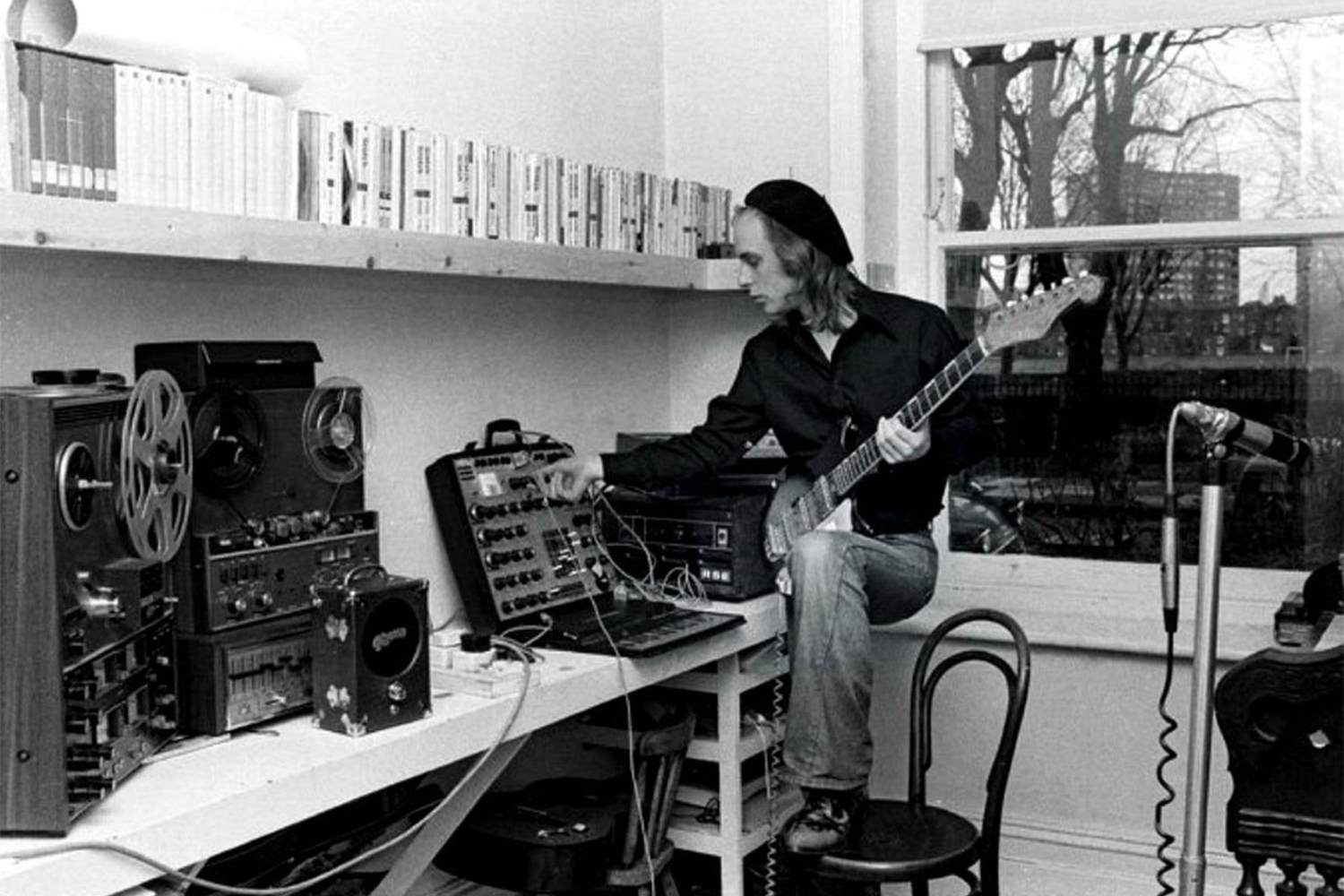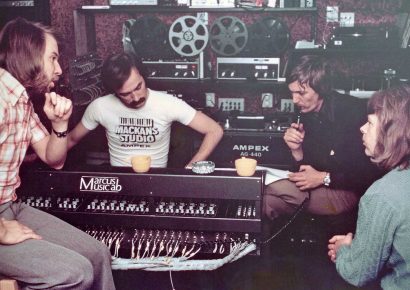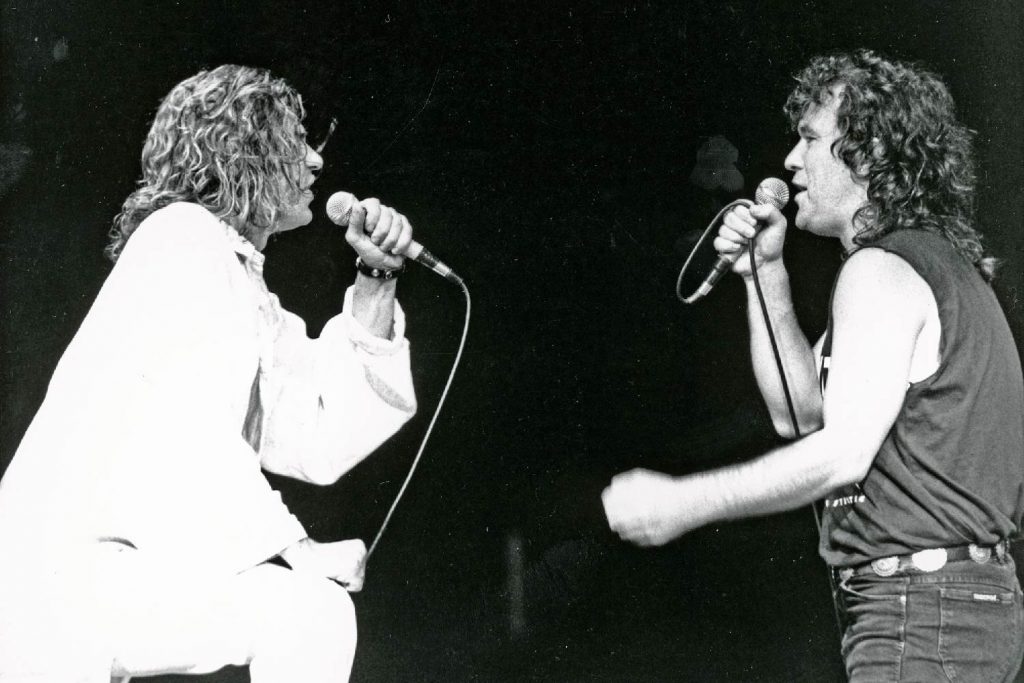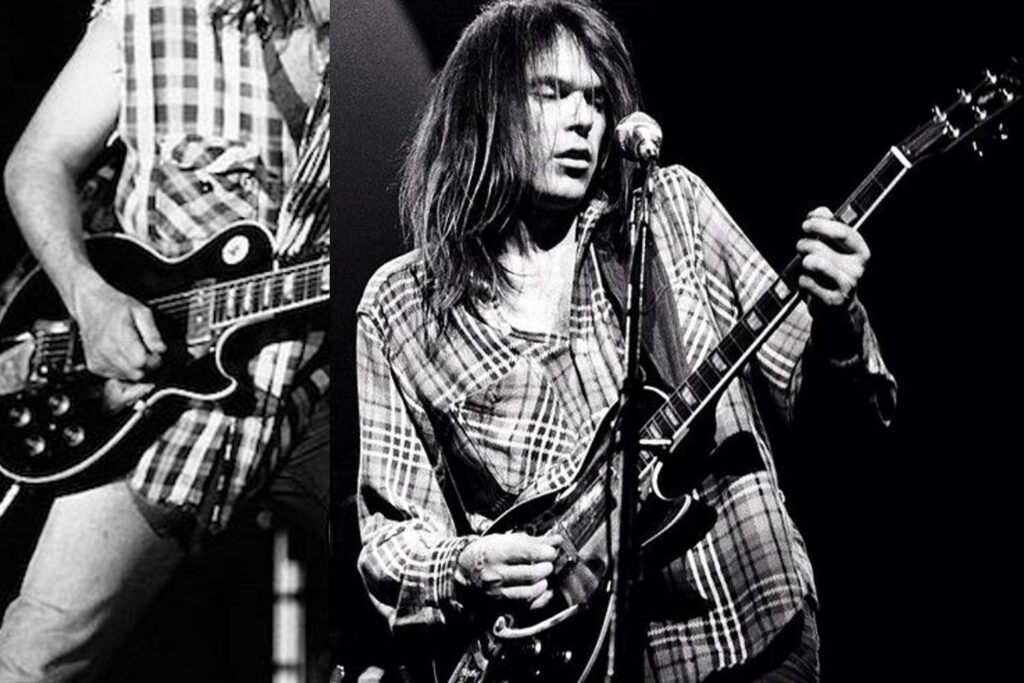Brian Eno and his catalogue of production, writing, and performing is utterly massive, and his influence is undeniable.
A visual artist, composer, record producer, and a self-described ‘non-musician’, Brian Eno was the mastermind behind some of the greatest albums of all time, including a few of his own.
Perhaps the most prolific concept artist in music of the 20th century, Eno turned 74 over the last fortnight. Today, we have a look at some of the ways Eno defined and changed the landscape of music as we know it.
Read up on all the latest features and columns here.
Summary:
- Defined ambient music
- Produced David Bowie’s Berlin Trilogy, along with famous acts such as U2, Coldplay, and Talking Heads.
- Scored films, including The Lovely Bones (2009)
- Innovated Glam Rock with his use of synthesisers in Roxy Music
Read all the latest features, columns and more here.
The pioneer of ambient music
One of the most told stories in music history, Eno revolutionised and defined what we now know as ambient music.
Dropping in and out of consciousness in his bed after a car accident, Eno was unable to move after a friend had put on a record of 18th century harp music and left him by himself.
The album was too quiet, and Eno couldn’t turn it up over the sound of rain that was pounding against his window. But, after some frustration, Eno became entranced by the rain and the odd harp notes that were loud enough to be heard, which for him became “a great musical experience”.
From there, Eno conceived the idea of creating music that did not “impose” itself, and instead gave control to the listener to listen actively to sections of the combined whole, or passively to its amalgamation.
From this, came legendary albums from Eno such as Ambient 1: Music for Airports, Discreet Music, and Another Green World, the latter two which came in the same year of his accident: 1975.
David Bowie and Brian Eno in Berlin
The friend and partnership between Eno and Bowie gave rise to some of the greatest musical creations of all time, with the most notable being Bowie’s Berlin Trilogy, where Bowie retired the ‘Thin White Duke’ era.
The first collaboration between the two artists came on the 1977 LP ‘Low’, followed by Eno’s contribution to ‘Heroes’, including co-writing the legendary title-track.
Following this, Eno worked on ‘Lodger’, which is now widely regarded as one of Bowie’s most underappreciated masterworks.
Roxy Music
Roxy Music are a British rock band formed in 1970, where Eno put his love for synthesisers to professional use.
Famous for their influence on electronic composition, largely thanks to Eno’s work, the band moved the glam rock movement forward at a blistering pace. Eno played with the band from 1971 to 1973 but departed due to creative differences with the band’s frontman, Bryan Ferry.
On the first two albums, ‘Roxy Music’ and ‘For Your Pleasure’, he was credited simply as ‘Eno’, for his works on the VCS 3 Synthesiser, tape effects, backing vocals, and co-producer.
Eno, along with the rest of Roxy Music, were inducted into the Rock ‘n’ Roll Hall of Fame in 2019.
Brian Eno Film scores
Eno has composed and created music for a number of soundtracks over the years.
He is known for his work on Peter Jackson’s The Lovely Bones (2009), for which he composed the entire soundtrack. Songs from this film can be seen on his 2010 solo album, Warp, which contains many adaptations from The Lovely Bones.
Eno won a British Academy of Film and Television Arts (BAFTA) TV Award in the category of Best Original Television Music for his work on Channel 4’s acclaimed series Top Boy, where he composed the theme.
He is also credited on soundtracks for films such as David Lynch’s 1984 cult classic, Dune, as well as ‘Dover Beach’ from Derek Jarman’s 1978 film Jubilee.
A complete collection of Eno’s soundtrack and compositional works for film can be found on the album, ‘Brian Eno – Film Music 1976 – 2020’.
The Talking Heads, U2, Coldplay & more
Of course, when talking Eno, it is essential to discuss his extensive range of collaborative work with some of the biggest artists in the world.
Talking Heads famously worked with Eno on a trilogy of critically acclaimed works, including More Songs About Buildings and Food (1978), Fear of Music (1979), and perhaps their most well-known album, 1980’s Remain in Light, with notable singles ‘Once in a Lifetime’ and ‘Houses in Motion’.
With U2, Eno has credits on 1991’s Achtung Baby, as well as The Joshua Tree and The Unforgettable Fire. Additionally, Brian Eno has worked with Coldplay on Mylo Xyloto (2011), and 2008’s Viva La Vida.
Along with many other acts, including Devo, Peter Gabriel, and Slowdive, Brian Eno’s catalogue of production, writing, and performing is utterly massive. His influence – undeniable.
Keep up with Brian Eno here.







